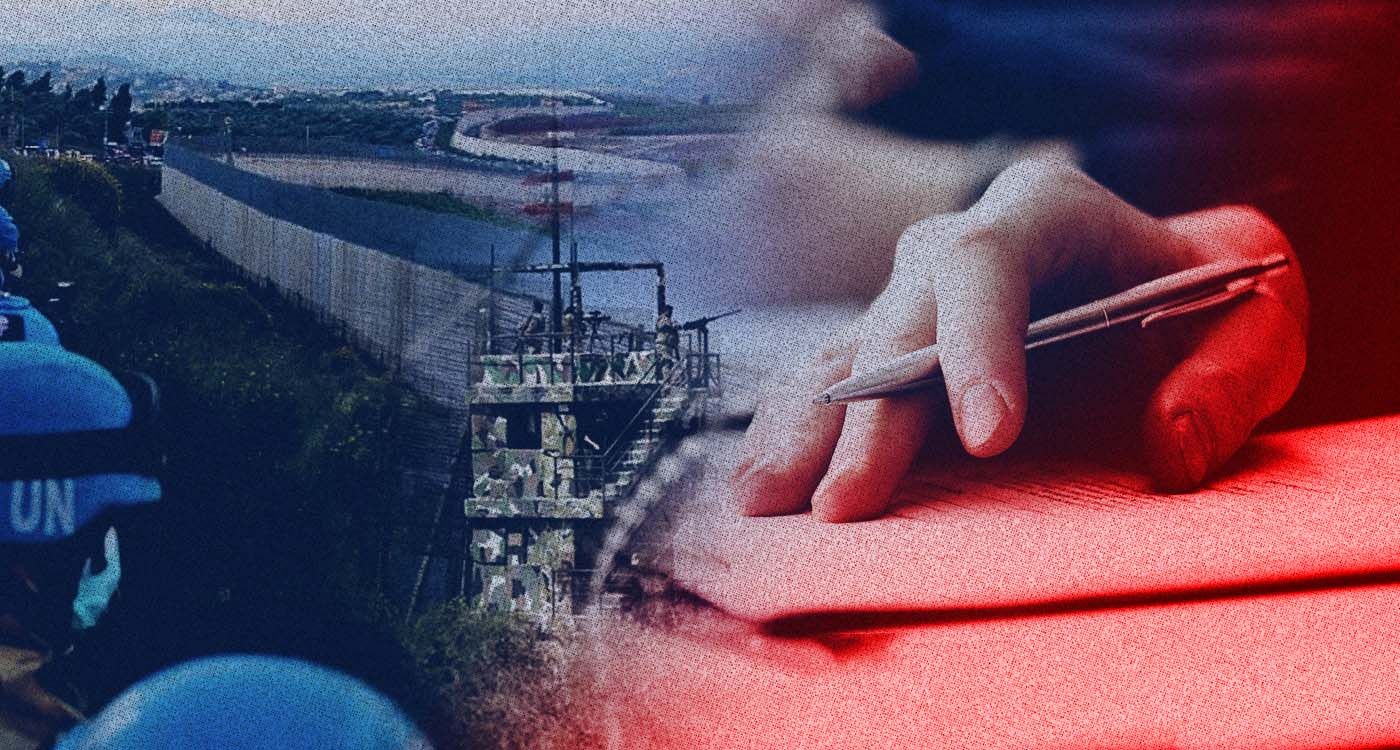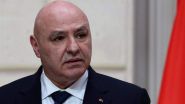
Lebanese Speaker of Parliament Nabih Berri and Caretaker Prime Minister Najib Mikati received a 13-point US ceasefire proposal from US Ambassador Lisa Johnson. Berri, who forwarded the proposal to Hezbollah for review and feedback, announced that Lebanon's response would soon be issued in writing, with amendments. He explained that "the proposal includes a provision unacceptable to Lebanon regarding a committee to oversee the implementation of Resolution 1701. There is a clear mechanism that needs to be activated."
Sources at the Grand Serail view the proposal as "a chance for a ceasefire that must be capitalized on. While its success cannot be guaranteed, we cannot dismiss it in advance. We must await the position of the concerned party." Meanwhile, sources within Hezbollah stress that they "will not accept the proposal without amendments, particularly concerning clauses that violate Lebanese sovereignty and target the group’s weapons, including the dismantling of military infrastructure both above and below ground.”
In this context, well-informed sources believe that Lebanon will reject the conditions set by Israel, along with the "landmines" Netanyahu included in the text to secure approval, leveraging his military superiority and the arrival of his ally Donald Trump in the White House.
During his third visit to Beirut, US special envoy Amos Hochstein presented a ceasefire proposal to Parliament Speaker Nabih Berri, promising to return with Israel’s response. Israel has argued that military developments take precedence over negotiations. The proposal included: a ceasefire, separating the Lebanon front from Gaza, a phased withdrawal of Hezbollah’s weapons behind the Litani River, the start of border demarcation talks, the deployment of the Lebanese Army in the South, and the implementation of Resolution 1701.
However, recent developments on the ground and the victory of Donald Trump led Netanyahu to replace Hochstein's proposal with a more "complicated" one, which includes a new mechanism for overseeing the implementation of Resolution 1701. This proposal aims to prevent Hezbollah from rearming, with international guarantees for the dismantling of all of Hezbollah's military infrastructure, both above and below ground. The Lebanese army and UNIFIL would have oversight of maritime, land, and air crossings. Israel has placed a condition on the establishment of an international committee, including the US, France, the UK, Germany, and Jordan, to monitor the full implementation of 1701. Meanwhile, an Israeli official referred to a Western-Russian proposal under which Moscow would prevent Hezbollah from rebuilding its arsenal through Syria.
The visit of Ali Larijani, the chief advisor to Supreme Leader Khamenei, to Lebanon was particularly significant in terms of timing. Larijani aimed to clarify the positions of Parliament Speaker Mohammad Bagher Ghalibaf and Foreign Minister Abbas Araghchi, seeking to ease tensions and address the negative reactions to their statements. In his presence, PM Najib Mikati reiterated his stance, stating, "What is needed is support for the state's position in implementing Resolution 1701, backing national unity, and avoiding positions that create sensitivities among certain Lebanese factions, favoring one group at the expense of another." For his part, Walid Joumblatt, leader of the Progressive Social Party, once again refused to meet with any Iranian official in protest against the positions of Ghalibaf and Araghchi.
Larijani's visit aimed to deliver a clear message both domestically and internationally, reaffirming Iran's support for any decision made by the Lebanese government regarding the implementation of Resolution 1701. During his meetings with allies of the “resistance” axis, he reassured Hezbollah of Iran's continued backing, addressing rising concerns within the faction over Iran's perceived lack of support in its confrontation with Israel. However, according to an opposition MP, this stance has sparked concerns, suggesting that Iran may be using the Lebanese dossier to strengthen its international leverage.
Meanwhile, Netanyahu sent one of his officials to Washington to meet with President Trump's team and brief them on his vision for “a new Middle East.” According to Netanyahu, the roadmap to achieving this involves neutralizing Iran's military influence in the region.
At the same time, the Trump administration is confronted with two major challenges: on one hand, Netanyahu's refusal to accept the two-state solution, and on the other, Saudi Arabia's rejection of any normalization of relations with Israel without prior recognition of an independent Palestinian state. In fact, recently, Netanyahu secured a resolution from the Knesset rejecting the creation of a Palestinian state, while considering the recognition of a Palestinian state on the east bank of the Jordan River. He is also pushing for the annexation of the West Bank and Gaza to Israel. This deep disagreement presents a major dilemma for the Trump administration, which must make critical decisions to deliver the comprehensive and fair peace promised by the president during his campaign, as well as to advance the Abraham Accords initiated during his first term.
According to a Western diplomat, no lasting solution in the Middle East will be possible without a tripartite agreement between the United States, Israel, and Iran, which could eventually evolve into a quadripartite format with the normalization and consolidation of peace. As a result, diplomatic sources suggest that Netanyahu maintains the option of launching a strike against Iran if deemed necessary to achieve his goals.




Comments